A new summer internship at the Biozentrum of the Univerity of Basel enables Bachelor students in the sciences to immerse themselves in cutting-edge research projects for up to nine weeks.
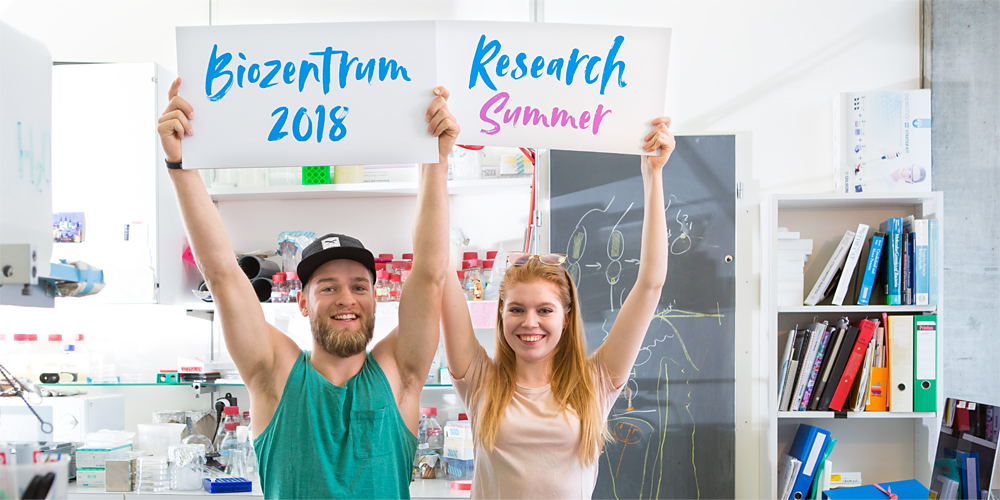
Researchers at the Swiss Tropical and Public Health Institute and the University of Basel made an important step toward a deeper understanding of how malaria blood stage parasites turn the switch to become transmissible to other humans.
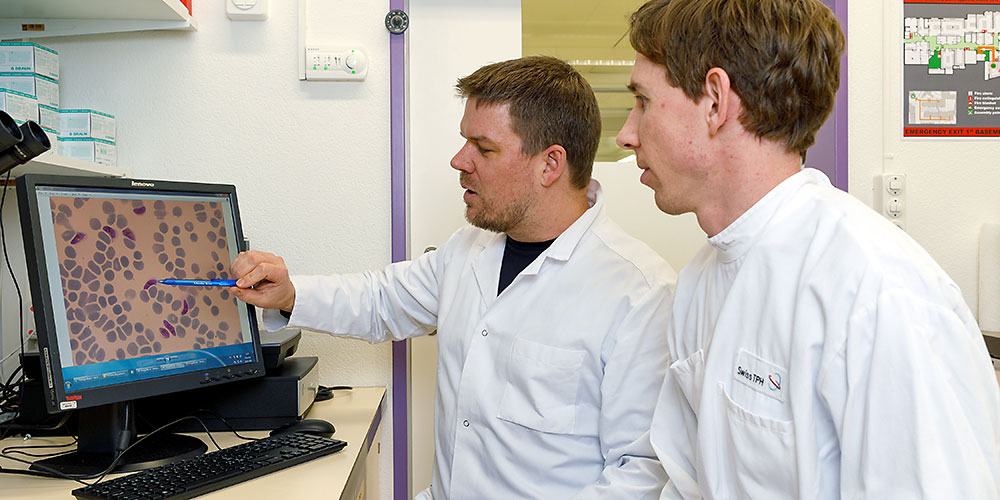
A newly-discovered hereditary mutation is responsible for an increased production of erythropoietin (EPO) in the blood. This mutation causes a messenger RNA (mRNA) that is not normally involved in the formation of proteins to be reprogrammed so that it produces EPO, thus abnormally increasing the number of red blood cells.
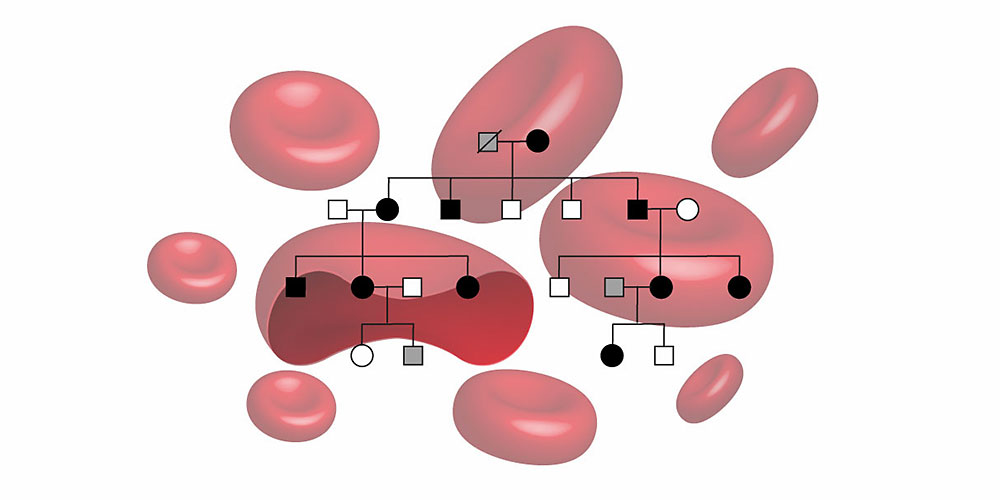
With every infection or vaccination, memory cells form that the body uses to remember the pathogen. This has been known for decades – but the structure of this cellular immunologic memory has previously proven impossible to pin down. Researchers from the University of Basel and University Hospital Basel have now identified a microanatomical region in memory cells that enables them to work rapidly in the first few hours of an immune response, as they report in the journal Immunity.
In 2020, the European Space Agency (ESA) is sending a rover into space to examine the surface of Mars for signs of life. Its on-board equipment includes a high-resolution camera developed in Switzerland, and researchers from the University of Basel are currently testing the camera’s operation in an artificial Martian landscape.
Cellular energy metabolism also follows the rhythm of the circadian clock. A University of Basel study has now shown exactly how this works by revealing the relationship between the circadian rhythm and the mitochondrial network for the first time.

The University of Basel receives five of overall 39 new professorships awarded by the Swiss National Science Foundation (SNSF) this year.
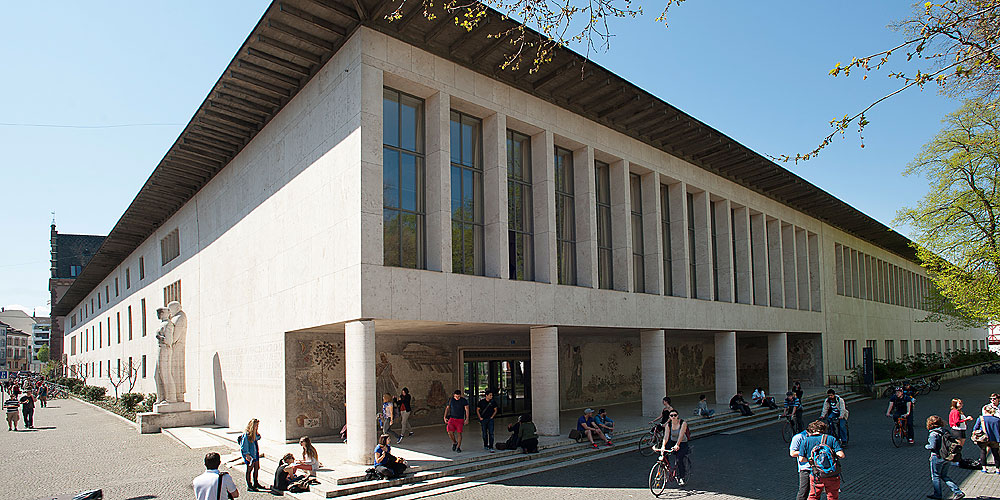
The protein complex mTORC2 controls cellular lipid and carbohydrate metabolism. Researchers from the Biozentrum of the University of Basel and the ETH Zurich have now succeeded in deciphering the 3D structure of this important protein complex. The results have recently been published in “eLife”.
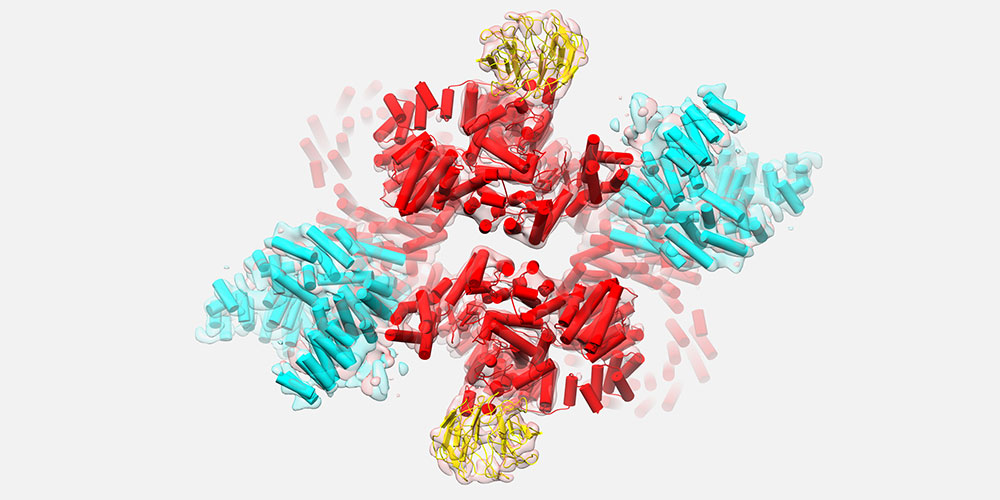
How do fish end up in isolated bodies of water when they can’t swim there themselves? For centuries, researchers have assumed that water birds transfer fish eggs into these waters – however, a systematic literary review by researchers at the University of Basel has shown that there is no evidence of this to date.

